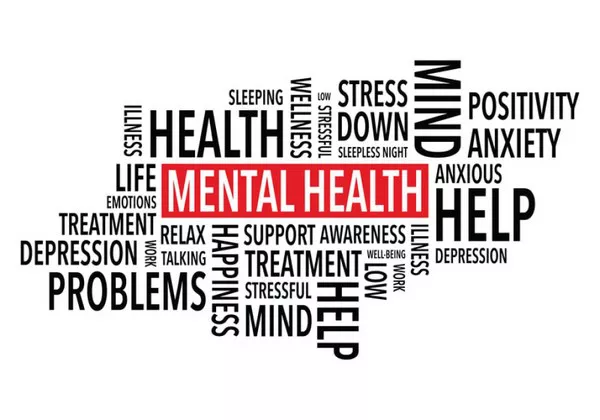A recent national study has shed light on the remarkable progress being made in the battle against mental illness in the United States. According to data from the National Alliance on Mental Illness (NAMI), one in 20 adults in the U.S., equivalent to 62,000 Nebraskans, grapple with serious mental illness annually. However, encouraging findings in a comprehensive report released by the U.S. government’s Substance Abuse and Mental Health Services Administration (SAMHSA) show that access to services plays a pivotal role in fostering mental health recovery.
Speaking on the subject, Paolo del Vecchio, Director of the Office of Recovery at SAMHSA, stated, “We know this journey of recovery takes a lot of courage. But if people are able to have access to care, they have support around them like family, access to treatment, and spirituality—all those factors help to contribute to people overcoming these issues and recovering.”
The SAMHSA report, titled “Recovery from Substance Abuse and Mental Health Problems in Adults,” underscores the significance of providing communities with the necessary tools for combating mental health challenges. Del Vecchio highlighted the report’s key findings, stating, “What this data shows is over 70% of Americans who have a substance use or mental health problem go on to recover, which accounts for over 50 million Americans. So what this says really is people are able, with treatments and support, able to overcome these issues and live full and happy lives in their communities.”
In a time when the stigma surrounding mental health appears to be diminishing, this report offers an optimistic outlook on the journey to recovery. Del Vecchio challenged some long-standing misconceptions, stating, “One of the myths and stigmas associated with these conditions is that you’re not able to get well from them. What this data shows is the exact opposite: a significant majority of individuals can find hope in healing and lead lives in recovery.”
He also attributed the shift in attitudes toward mental health recovery to young adults, who are actively breaking down barriers. “What we’re seeing across many schools, in fact, across the nation are young people speaking up themselves and trying to promote understanding and awareness, about resources, like the 988 National Suicide Prevention Lifeline that’s available 24 hours a day, seven days a week.”
NAMI has reported that more than one million Nebraskans reside in communities with insufficient mental health professionals. However, del Vecchio emphasized that the SAMHSA report highlights numerous successful pathways to mental health recovery, stating, “What this data again really reveals is, first of all, resetting the mindset that people can recover. We can build the kind of social supports, family supports, faith communities, and ensure people have access to quality and affordable health and behavioral health.”
The SAMHSA report signals a hopeful future for mental health recovery in the United States, emphasizing that with the right support and access to services, individuals can overcome mental health challenges and thrive within their communities.


